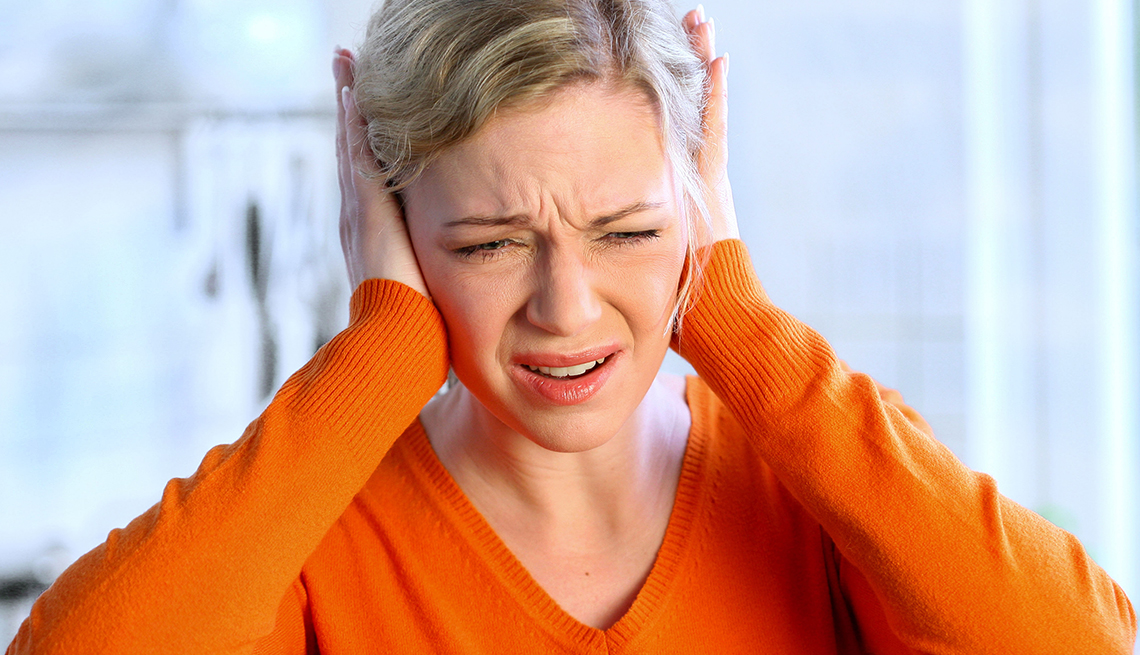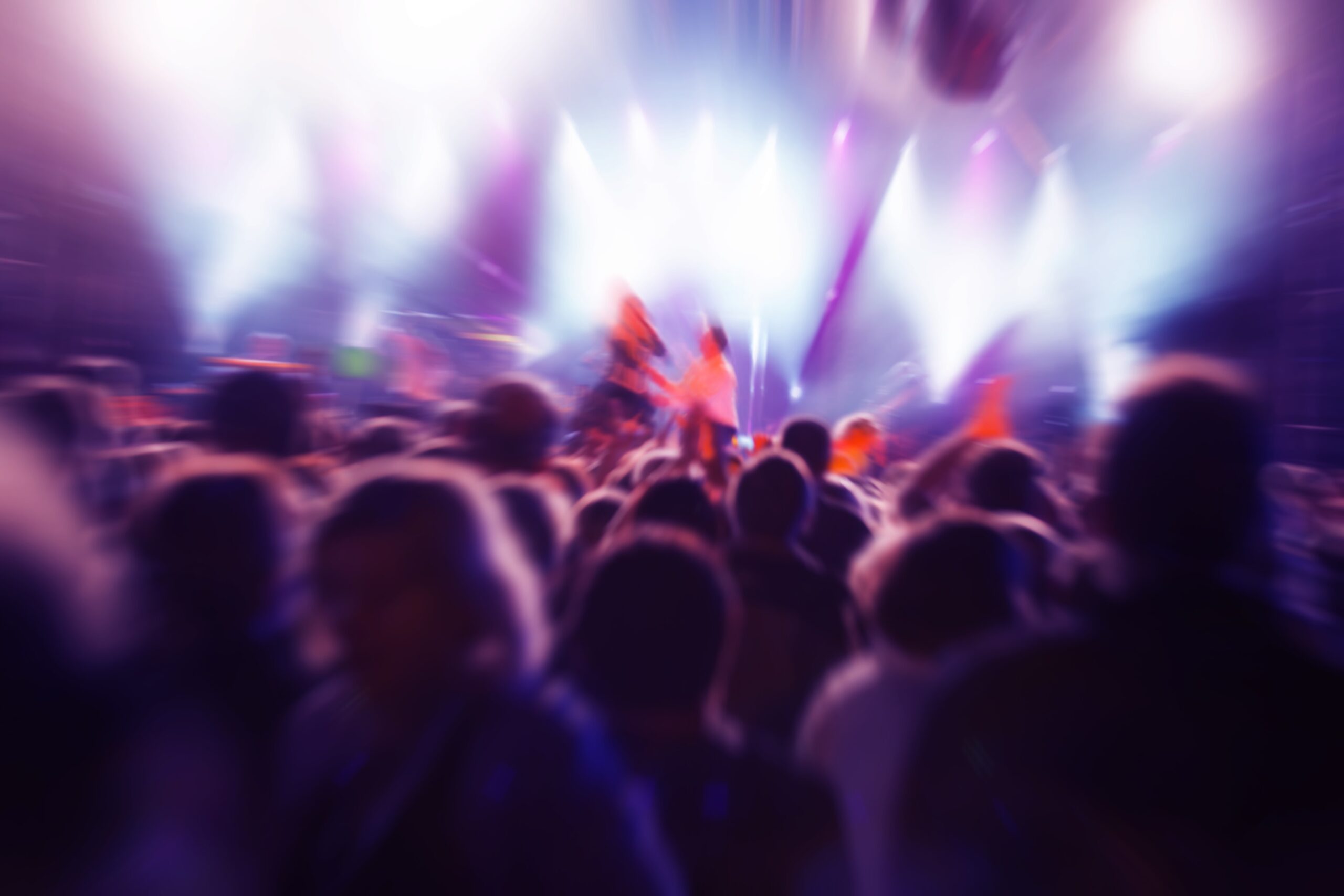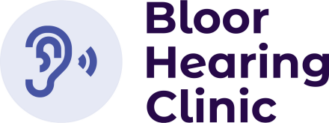
Our Blog
Hearing Loss From Concert: Prevention and Management Guide

We hate to break it to you, but concerts can damage your hearing. They can be thrilling experiences, but between the loud music, high-energy atmosphere, and excessive exposure to loud noise, these can all pose a real threat to your hearing health. We don’t mean to spoil your fun, but it’s important to understand the risks and take steps to protect your ears. This can help you enjoy live music for many years to come, without the lingering effects of ringing in the ears or permanent hearing loss.
In this blog post, we’ll explain the types of hearing loss you might experience and share practical, helpful tips to protect your hearing at future shows.
How Concerts Put Your Hearing at Risk
Concerts expose you to extreme noise levels, with an average decibel rating of 94-110 dBA. Extended exposure to these loud sounds can harm the delicate hair cells in your inner ear, which may result in noise-induced hearing loss. While your body can tolerate brief bursts of loud noise, extended exposure increases the risk of permanent damage.
The repeated exposure to loud music at concerts can also reduce blood flow to your inner ear, compounding the risk of hearing damage. In some cases, the loud noise can cause immediate, temporary hearing loss known as Temporary Threshold Shift (TTS).
Routine hearing check-ups can help spot early signs of hearing loss, making it easier to address them promptly and manage the condition effectively. If you’re concerned about your hearing, consider booking a hearing test in Canada to catch any issues before they worsen.
Movies Can Put Your Hearing at Risk, Too
It’s not just concerts that can harm your hearing health; movie theaters with powerful sound systems can also contribute to hearing loss from loud noise. Sitting close to the speakers or watching action-packed films at high volumes can cause similar temporary tinnitus and ringing in your ears. Just like concerts, it’s important to take steps to protect your hearing.
The National Institute for Occupational Safety and Health (NIOSH) recommends limiting exposure to sound levels above 85 decibels (dB) to prevent hearing loss. Many concerts and movie theaters can reach levels well above this, increasing the risk of damage.
What Is Noise-Induced Hearing Loss
Noise-induced hearing loss occurs when loud noise permanently damages the tiny hair cells in your inner ear. These cells don’t grow back, so once they’re damaged, hearing loss is permanent. Cumulative exposures like loud music from a concert or other sounds in loud places add up over time, making prevention critical.
This type can also contribute to mixed hearing loss by damaging the inner ear, while other factors can simultaneously cause problems in the outer or middle ear. Learn more about mixed hearing loss here.
What Is Temporary Threshold Shift (TTS)
Temporary Threshold Shift is a temporary reduction in your hearing ability after having been exposed to loud sounds. You might experience muffled hearing or ringing in the ears, commonly called temporary tinnitus, after a concert.
What Causes TTS
TTS is caused by intense noise exposure, such as a loud concert. The delicate hair cells in your ear become fatigued, leading to a temporary reduction in your overall hearing.
The intensity and duration of exposure to sound are major factors determining the severity and length of TTS. Some people are more susceptible than others (factors like age, pre-existing hearing loss, and overall health can play a significant role).
Most people recover from TTS within a range of a few hours to days, but it can sometimes last longer, potentially up to a week.
TTS Complications
Frequent TTS can lead to a permanent threshold shift (PTS), which is permanent hearing loss or chronic tinnitus. Typically, TTS should resolve on its own, but be sure to look out for any of the following signs which may be an indication of a complication:
Difficulty understanding speech
Persistent ringing or buzzing
Reduced hearing
Inability to hear high-frequency sounds
If your symptoms persist for more than a week, that’s a sign for you to see a hearing care professional.
Who Is at Risk for Hearing Loss
Anyone can experience hearing loss, but some groups are more vulnerable, especially those with occupational exposure to loud noise, such as musicians, frequent concertgoers, those working in construction and so on. These individuals may be at risk for different types of hearing loss, depending on the nature and duration of the exposure.
Exposure to loud noise in general, whether it’s over an extended period or in a single, intense event (like a gunshot), can damage the delicate hair cells in the inner ear.
Age-related hearing loss can also compound the effects of loud noise, making hearing protection that much more important at future concerts. As people age, the inner ear can naturally degenerate. Heredity or family history may also increase the risk, contributing to different types of hearing loss over time.
Other risk factors include the following:
Certain medications, particularly those used for cancer treatment or antibiotics
Medical conditions like high blood pressure, diabetes, and certain infections
Trauma to the head, including fractures or loss of consciousness
Some infections that damage the cochlea, like meningitis
How To Protect Your Hearing at Concerts
It’s too much of a risk leaving your hearing health up to chance. Repeated exposure to intense sounds in concerts can have long-term consequences. Thankfully, there are practical ways to protect your ears and enjoy the music safely.
If you’re already experiencing any signs of hearing loss, you might consider checking out hearing aids from Bloor Hearing Clinic to keep your hearing in top shape.
Custom Ear Plugs
One of the easiest ways to protect your ears is to wear earplugs or earmuffs. High-fidelity earplugs are designed to reduce sound volume without distorting the music, still preserving the concert experience.
Seats Away From Speakers
Choose seats away from the speakers to reduce the intensity of noise exposure. Even a few rows back can make a noticeable difference in the sound level reaching your ears.
Sound Level Check
Use smartphone apps to monitor the decibel level around you. If the volume is consistently over 85 dB, take breaks to limit exposure and give your ears a chance to recover.
Intermissions
Take advantage of intermissions or quiet breaks during a concert to step outside and give your ears a rest. Even a few minutes of quiet can help protect your hearing from permanent damage.
Symptoms To Watch For After a Concert
You might notice a ringing sound in your ears after a concert (ringing ears), muffled hearing, or temporary tinnitus. These are signs of noise-induced hearing loss or TTS. If it doesn’t stop ringing for more than a week, you may have post-concert tinnitus or permanent hearing loss and should consult a hearing care professional.
How To Manage Symptoms After a Concert
While there’s no guaranteed way to cure tinnitus completely, there are treatment options and relaxation techniques you can try to calm things down and help your ears recover.
Quiet and Rest
Avoid further exposure to loud sounds. Rest in a quiet environment and use soft music or white noise, like ocean waves or nature sounds, to recover from your ears ringing after a concert.
Avoid Stimulants
Caffeine and alcohol can raise your blood pressure, which may worsen ringing in your ears. Stick to water and rest while your ears adjust.
If you’re experiencing ringing after a concert, gentle white noise from a white noise machine or nature sounds can help mask the ringing and make it less noticeable.
Conclusion
Concerts are an unforgettable experience, but they can put your hearing health at risk if you’re not careful. You can enjoy loud music; however, be mindful of repeated exposure as it can damage your inner ear. Knowing how (and when) to protect your hearing can allow you to enjoy the music without permanent hearing loss. Remember, if the ringing lasts more than a week, early intervention from a hearing care professional is key. They will help you understand the underlying cause and prevent tinnitus from becoming chronic.
